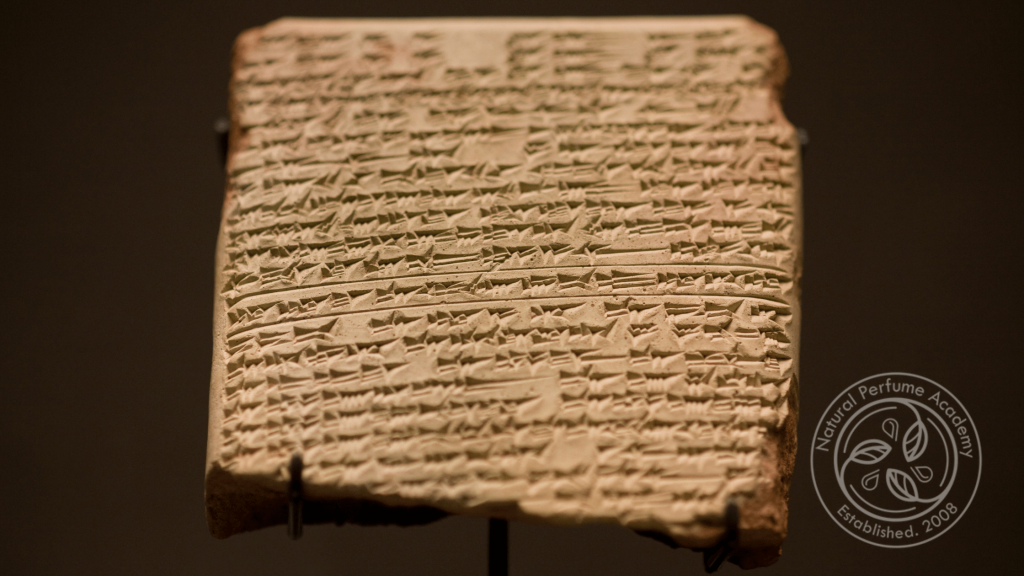
Tappūtī-Bēlet-ekallim: The World’s First Chemist and Patron of NPA
At the Natural Perfume Academy, we are proud to honor Tappūtī-Bēlet-ekallim as our symbolic patron and muse. Often overlooked in history, she was the first recorded perfumer and chemist, a visionary who paved the way for modern distillation methods. Her story, preserved on a cuneiform tablet from 1232 BCE, is one of ingenuity, artistry, and resilience—a legacy that continues to inspire our women-owned academy and perfumers across the world.
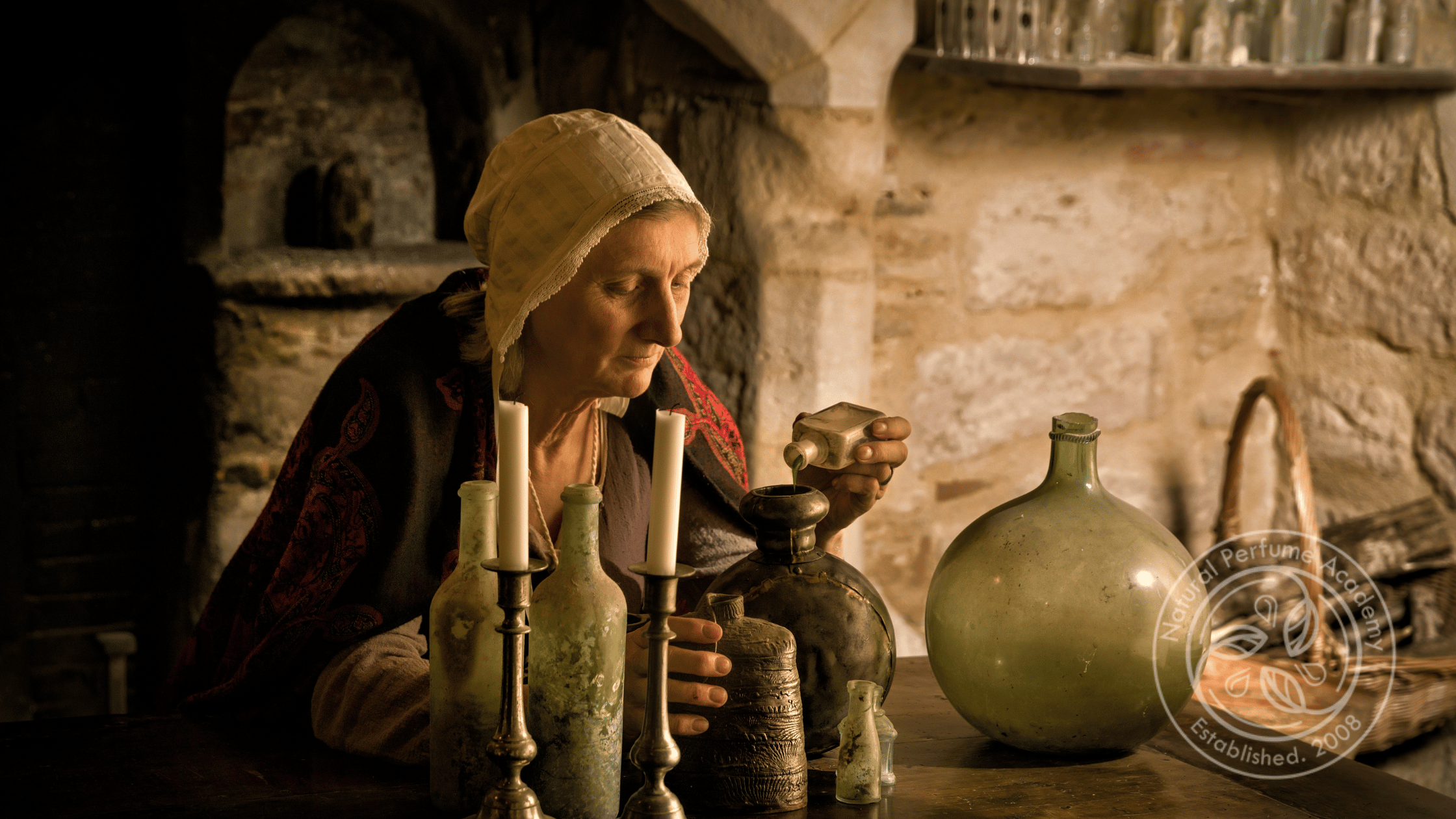
A Forgotten Pioneer in Chemistry and Perfume
Did you learn about Tappūtī-Bēlet-ekallim in school? Likely not. Instead, the credit for chemistry often goes to figures like Jabir ibn Hayyan (Geber), who lived over a thousand years later. Yet, it was Tappūtī, living in ancient Assyria, who first documented methods of distillation that remain foundational to perfumery and chemistry today.
From her hub near the Euphrates River, Tappūtī had access to an array of rare and exotic materials sourced through the thriving trade routes of Mesopotamia, the Levant, Egypt, and even as far as India. Her work reveals a sophisticated understanding of chemistry—crafting balms and perfumes through processes like distillation, filtration, and maceration. She wasn’t just blending; she was innovating, extracting the essence of flowers, calamus, myrrh, and more to create luxurious fragrances, likely for the elite or royal court.
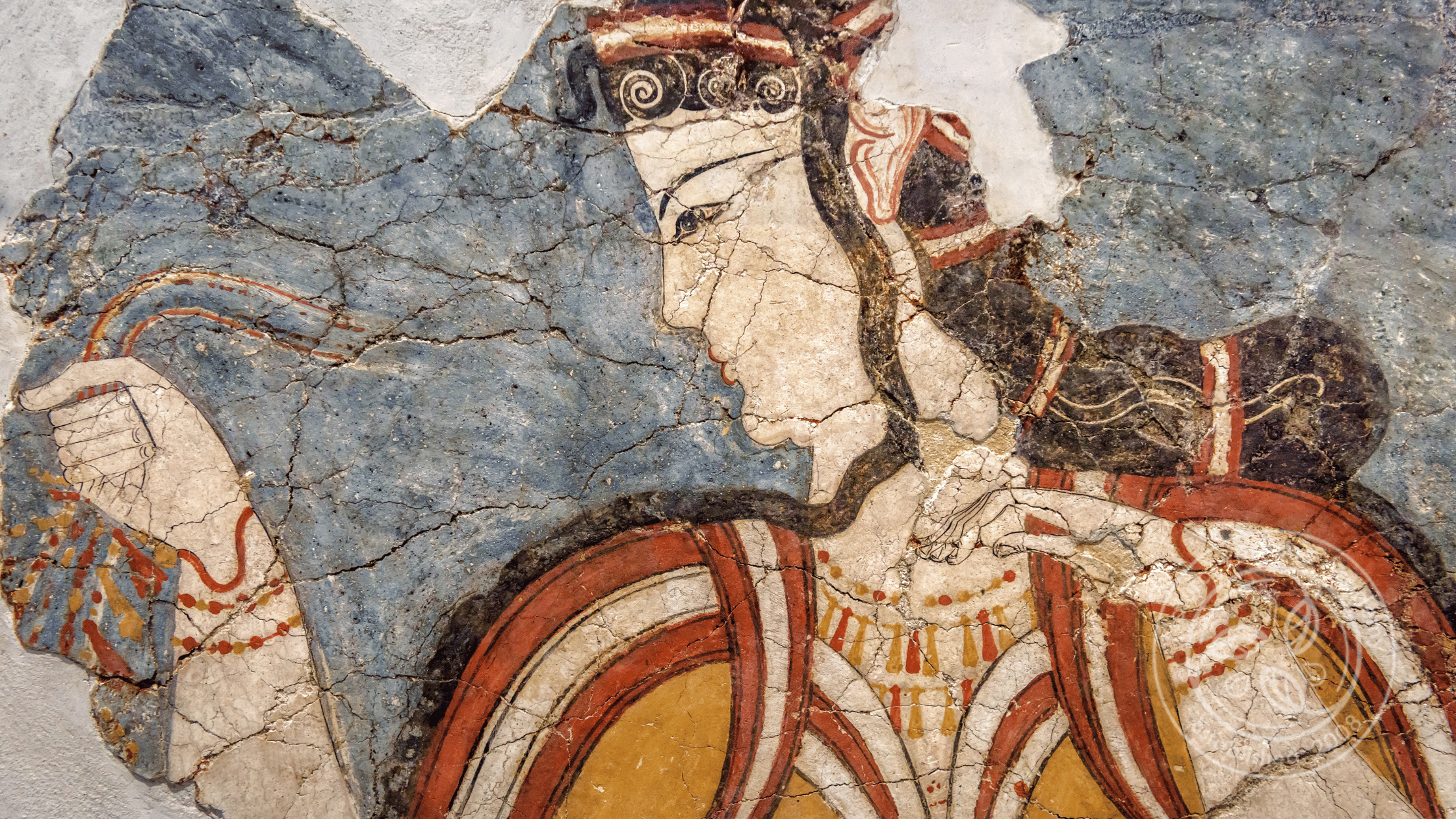
A Feminist Icon for Modern Times
It’s incredible that Tappūtī’s name has survived at all, preserved on a single cuneiform tablet. Yet, her story feels especially poignant now, as we witness a resurgence in feminism and a renewed celebration of women’s contributions to history, science, and art.
For too long, women like Tappūtī have been left out of the narrative. But in celebrating her, we celebrate all the women whose voices were silenced, whose innovations were overlooked. Her work reminds us that the roots of perfumery—an art that is both deeply creative and profoundly scientific—were planted by a woman who refused to be ordinary.
At the Natural Perfume Academy, our commitment to empowering perfumers of all genders stems from this legacy. While we proudly identify as a women-owned academy, our doors are open to anyone with a passion for natural perfumery. Like Tappūtī, we believe in creativity without limits, innovation without boundaries.
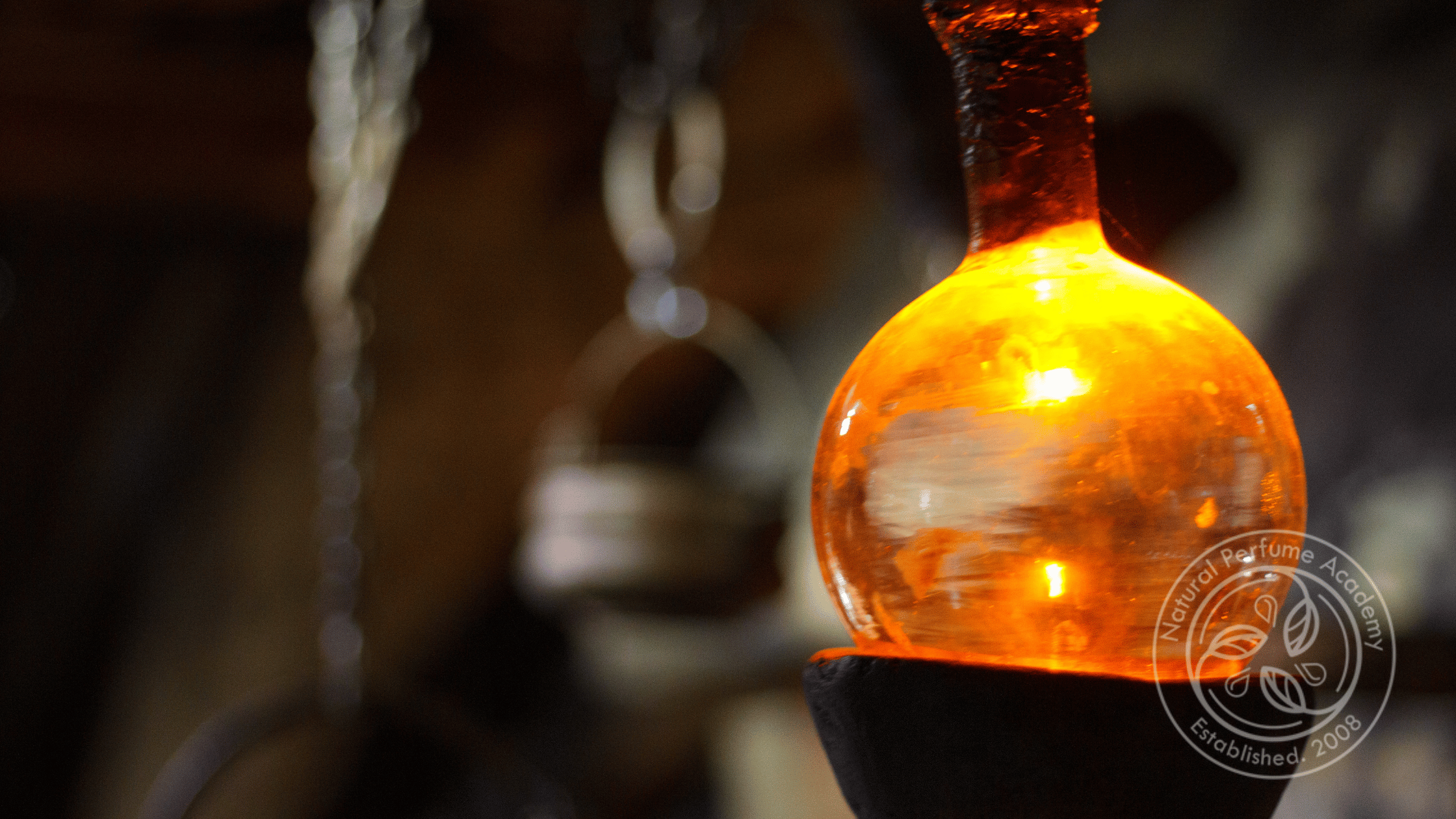
A Fragrance Fit for Tappūtī-Bēlet-ekallim
Imagine creating a perfume inspired by Tappūtī herself. A scent rooted in the rich, ancient materials she worked with, evoking the warmth of the Assyrian sun and the vibrancy of the Euphrates trade routes.
Here’s a concept to stir your imagination:
“Tappūtī’s Legacy”
- Top Notes: Bergamot and Lime, to represent the freshness of her ingenuity.
- Heart Notes: Myrrh, Labdanum, and Cyperus, a nod to her distillation methods and materials.
- Base Notes: Calamus, Amber, and a touch of Frankincense, embodying the depth and longevity of her legacy.
This fragrance would capture the timelessness of her contributions, blending ancient techniques with modern creativity—a reminder that history and imagination are forever intertwined.
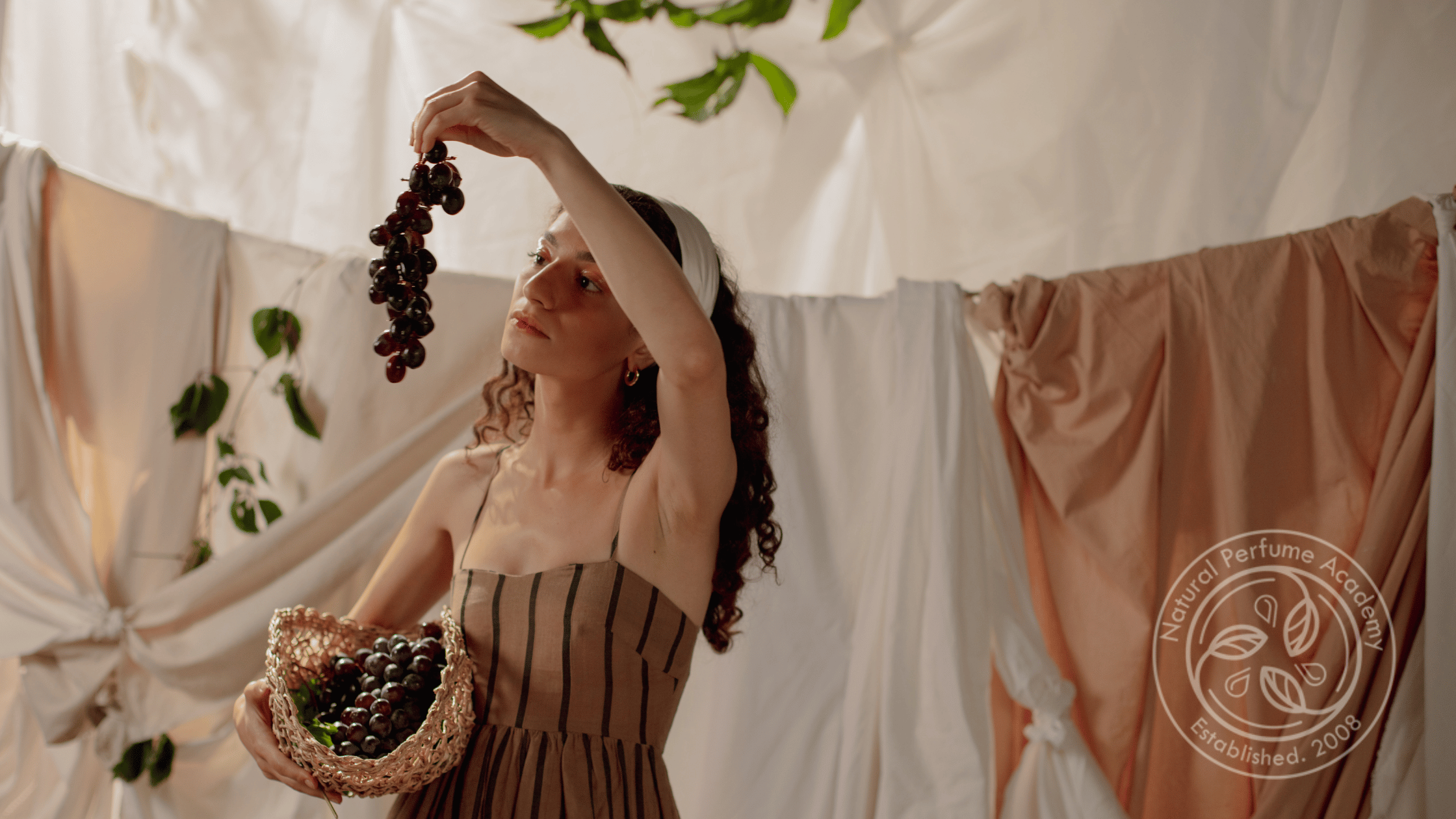
A Call to Celebrate Women in Perfumery
As we reflect on Tappūtī’s remarkable achievements, let’s also celebrate the modern-day perfumers who carry her legacy forward. Perfumery is not just about creating something that smells good—it’s about connecting with history, with nature, and with our shared humanity.
We hope Tappūtī’s story inspires you as much as it inspires us. Whether you’re a budding perfumer or simply a lover of fragrance, know that you are part of a lineage that began thousands of years ago with a woman who dared to capture the essence of the world around her.
Join us at the Natural Perfume Academy to explore the art and science of natural perfumery, and to craft your own legacy in the spirit of Tappūtī-Bēlet-ekallim.

What Does Tappūtī’s Legacy Mean to You?
We’d love to hear your thoughts on Tappūtī and how her story resonates with you. Do you feel inspired by her journey? What would your Tappūtī-inspired fragrance include? Let us know in the comments, or join the conversation on our social media channels!